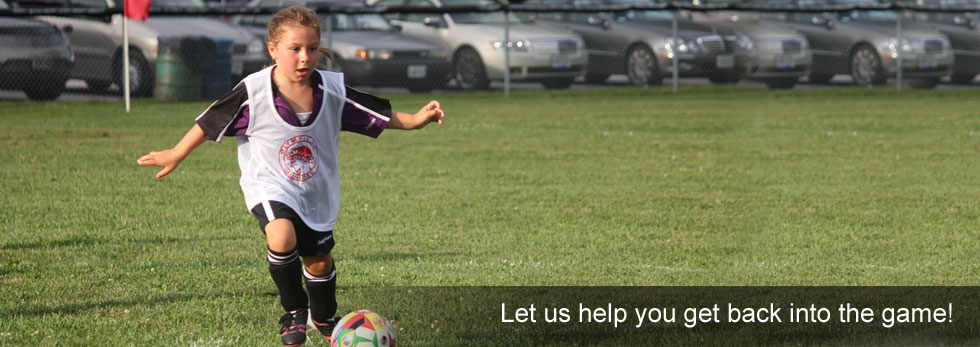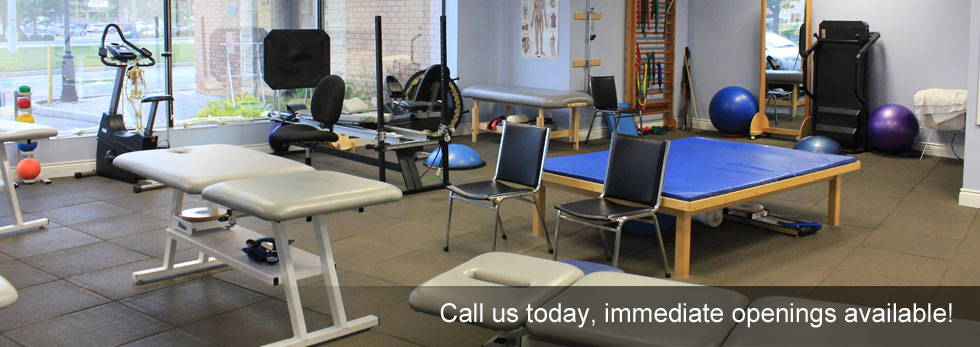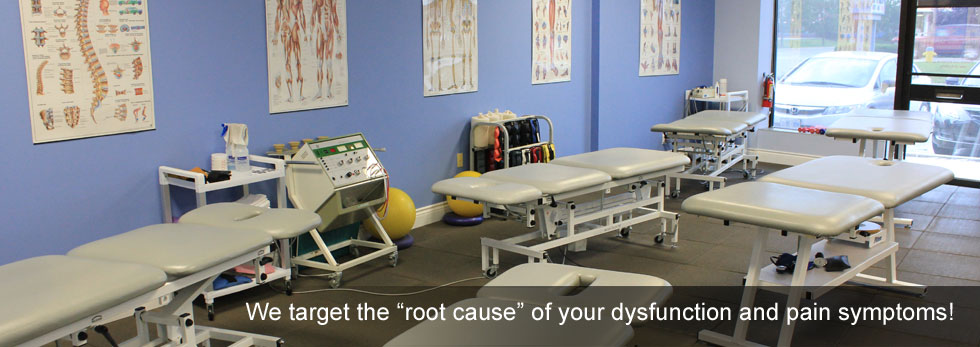What is the treatment for a knee dislocation in someone too large to have surgery? That's the case with my brother-in-law who is 400 pounds overweight and just recently had his knee collapse underneath him.
When a knee dislocates, there is usually ligamentous damage and there may be nerve and blood vessel injuries as well. Multiple ligaments can be ruptured including the anterior cruciate ligament, posterior cruciate ligament, and the medial and lateral collateral ligaments.
In some cases, the dislocated knee can be relocated without surgery. But if there's been damage to the nerves or blood vessels then surgery is required. Surgery to repair or reconstruct the ligamentous support may be needed but may not be possible if the person is at high risk for complications due to severe obesity.
The knee can be stabilized externally with splints, braces, or fixation with external screws and rods of some type to support the area during healing and recovery. According to a recent study at the University of Tennessee, extremely overweight individuals who cannot tolerate surgery (or don't have surgery for some reason don't have as good of results as those who can have reconstructive surgery. But even without surgery, some patients are able to recover with rehab.
The biggest problem is for patients who have damage to the blood vessels causing a decrease in blood supply to the knee. The resulting ischemia (lack of blood to the area) can result in limb amputation. In fact, vascular injury occurs in about one-third of all knee dislocations regardless of the person's body weight and size. Nerve damage is reported in about one-fourth of all knee dislocations. These complications are much higher in severely overweight individuals suffering the same knee injury.
If limb or life are in danger, the surgeon and patient may decide to rsk the surgery anyway. Treatment decisions are based on individual needs and factors and can change as time goes on and the person's story unfolds. Bariatric surgery (e.g., stomach bypass) may be considered at this time as well. Usually some weight loss is required even before bariatric surgery but unusual cases like this may be the exception.
Reference: Frederick M. Azar, MD, et al. Ultra-Low-Velocity Knee Dislocations. In The American Journal of Sports Medicine. October 2011. Vol. 39. No. 10. Pp. 2170-2174.

















